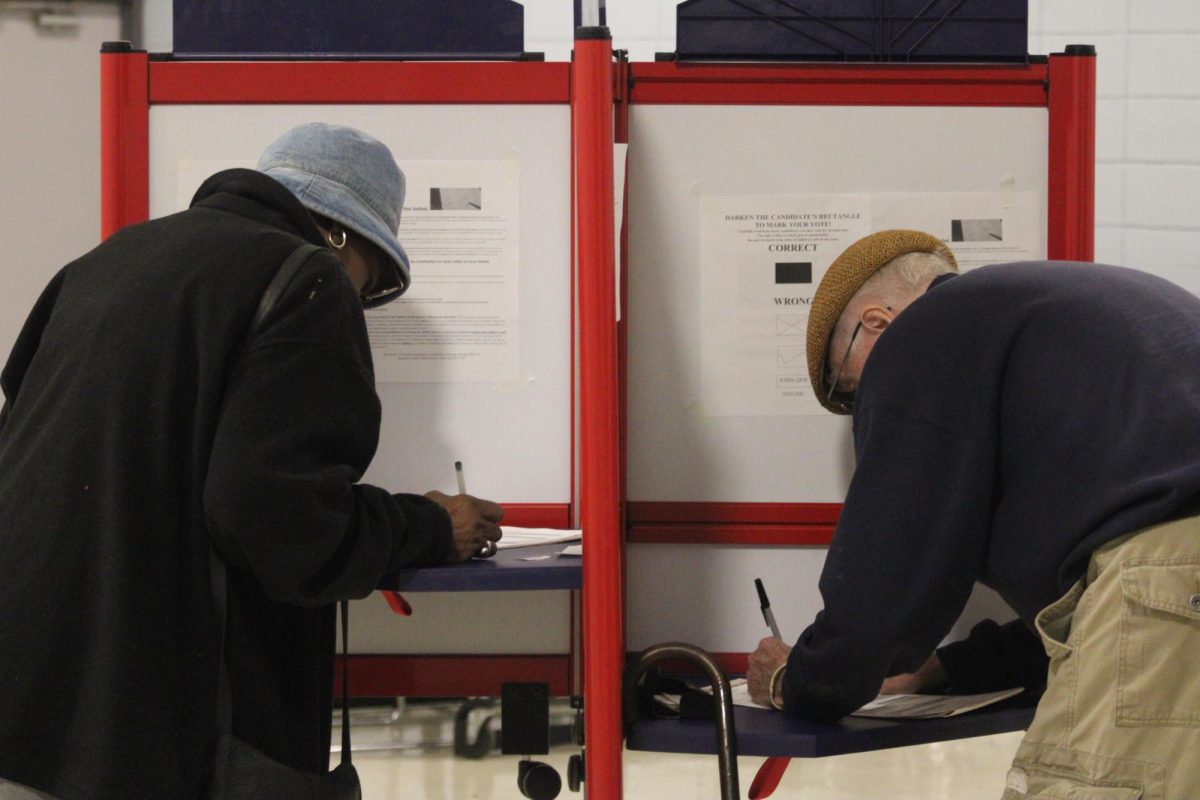First day of second Trump impeachment trial will decide constitutionality of trying a former president
February 9, 2021
WASHINGTON – President Donald Trump’s second impeachment trial kicks off Tuesday with debate and a precedent-setting vote on whether it is constitutional for the Senate to try a former president.
Democrats will have the votes needed to affirm that the trial is constitutional, but the vote will likely prove that there are not enough Republicans willing to consider the case on its merits to convict Trump. A conviction requires a two-thirds vote of the Senate, which means 17 Republicans would need to join all 50 Democrats in finding Trump guilty of the House’s charge that he incited insurrection by provoking his supporters to storm the Capitol on Jan. 6. But Tuesday’s vote on whether to dismiss the charge on constitutional grounds is expected to show only a handful of Senate Republicans willing to proceed with the trial and consider the evidence.
Although the House impeached Trump on Jan. 13, a week before he left office, he will be the first former president to be tried in the Senate. That makes Tuesday’s vote more significant because it will serve as a precedent that could guide future impeachment proceedings. A majority of Senate Republicans have already signaled that they view the impeachment trial as unconstitutional because Trump is now a private citizen.
Advertisement
That solidified as the overwhelming GOP position on Jan. 26 when 45 of the Senate’s 50 Republicans voted against a Democratic motion to table, or kill, a constitutional point of order from Kentucky GOP Sen. Rand Paul against the proceedings after senators were sworn in as jurors for the trial. The Senate will vote on the constitutionality question again Tuesday in a more direct, up-or-down vote on whether to dismiss the House’s incitement of insurrection charge against Trump over the claim that it’s unconstitutional to try a president who is no longer in office. Tuesday’s vote will reveal exactly how many Republicans are even open to convicting Trump, since anyone voting to dismiss the charge on constitutional grounds would likely use the same argument to vote to acquit.
Most senators have said they do not expect much, if any, change in positions from those taken on Paul’s point of order. However, a few Republicans, like Ohio Sen. Rob Portman, said at the time that their votes against tabling were about wanting to have the debate, not a final decision on the constitutionality question. Utah Sen. Mitt Romney, one of the five Republicans who voted with Democrats to table Paul’s point of order, told reporters Monday his position that the trial is constitutional has not changed and he’d vote that way again Tuesday.
Another one of the five, Maine’s Susan Collins, likewise indicated that she is inclined to vote for the trial being constitutional, but said, “obviously, I’d want to hear the arguments.’ “The Senate has no choice but to move forward,” Collins said. “Once the House says ‘impeach,’ it’s our constitutional duty to do so.”
Before the Senate begins debating the constitutionality question, it will vote on an eight-page resolution on trial procedures that provide limits for argument and debate times and allow for motions to subpoena witnesses and documents. The procedures provide the House impeachment managers and Trump’s defense team up to 16 hours each to present their arguments, then four hours for senators to ask questions of either side and two hours per side for closing arguments.
Between senators’ questions and closing arguments, either side can offer motions to subpoena witnesses or documents or enter evidence. Neither side has indicated plans to offer such motions, with most senators predicting these steps will be skipped in favor of an expedient trial. Skipping consideration of witnesses or other evidence would allow the trial to conclude by Monday or earlier if the House managers and Trump’s attorneys don’t use all their allotted time to present arguments.
The trial procedures resolution as drafted included a provision, requested by lead Trump defense attorney David Schoen, to recess the trial no later than 5 p.m. Friday through Sunday at 2 p.m. for the Jewish Sabbath. Senate leaders agreed to his request, but Schoen sent a letter Monday evening withdrawing the request, “based on adjustments that have been made on the President’s defense team.”
While Schoen won’t participate in the trial during the Sabbath, the role he would have played will be “fully covered,” he wrote. “I very much appreciated your decision; but I remained concerned about the delay in the proceedings in a process that I recognize is important to bring to a conclusion for all involved and for the country,” Schoen wrote.
Advertisement*
A person familiar with trial planning said the schedule laid out in the resolution will likely be changed before the Senate votes on the measure Tuesday, since Schoen withdrew his request. Senate Majority Leader Charles E. Schumer and Minority Leader Mitch McConnell announced the agreement on the trial procedures in floor remarks Monday, noting that the House managers and the defense had both signed off on it.
“The structure we have agreed to is eminently fair. It will allow for the trial to achieve its purpose — truth and accountability,” Schumer said. McConnell said the agreement “preserves due process and the rights of both sides.” “It will give senators, as jurors, ample time to review the case and the arguments that each side will present,” he said.
Advertisement









